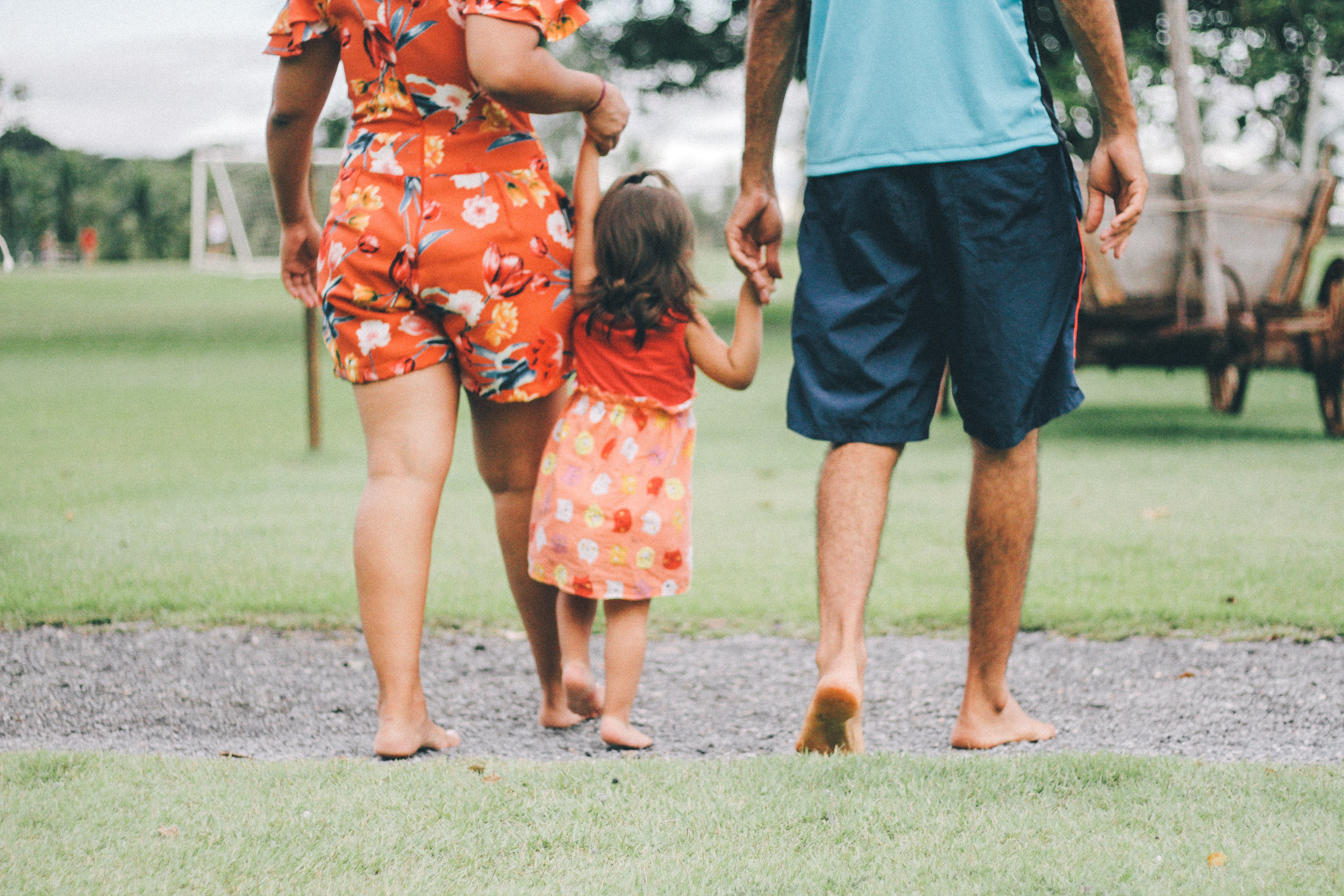Even though we think they do not notice or remember some childhood moments, younger generations remember everything and form their opinions about parenting which might differ from what their parents and older generations are used to. They dare to question certain patterns and explore different parenting methods. Whether you agree with them or not, it is worthwhile to listen to what they want to share with us. Their words can also reach someone’s heart. For that reason, today we are sharing with you an article by our blogger Kristina Vukomanović, who has a couple of interesting questions for parents, which serve to remind them that the child needs to be a priority.
“žIt wasn’t like this in my days”….”My mom/dad didn’t treat me like this”…” I had to mow, pick plums, cook, wash dishes, and they would also hit me at times”…” When I wanted to go to the city, I went on foot… would it harm him/her to do the same?”
I believe that you have often heard, and maybe even uttered one of these phrases. I would like to tell you something about that.
I’ll be a little harsh at first – were you happy growing up like that? Were you happy while you were going through that? Do you think you do not have any emotional baggage as a person because of that? Did it shape you more positively or negatively? Do you feel content when you remember those moments?
Each generation grew up in its own era. Every era has its burdens.
The stories my grandma told, my grandpa, told, my parents’ tales are not the same. And that is normal. People simply lived differently in the past, life was harder, there were no conditions for the life we live today. There were no technical things – tools, cars, money, jobs, technology. It was not easy to get an education, research the fields that interest you, explore life. This justifies the parenting methods used by our ancestors. They did not know that that is not the way to go and they did not have anywhere to learn and observe how it should be done. Parenting methods (much like today!) were transferred from one generation to the next one, and that is where the approach to raising children comes from that a child needs to gain independence by walking, working, gathering, and that they will only learn if it is scolded, beaten or punished.
What stops you today from researching the way you should treat your children in an age when you are just a click away from all educational and child-rearing materials? From the material that claims that beatings and some Draconian punishments are not the way to turn a child into a person? Children should have their obligations, I have written about that in previous texts, and that is perfectly fine, but children must have security and childhood and they must learn that hard work, when it is necessary, is nonsense, not effort. Yes, it is normal that they do not walk from point A to point B for several hours over hills and valleys because everything is different now and there are various transportation means available, and you are also there to make it easier for them. It is also perfectly normal that they vacuum, dust and do other things when you agree that they should do so.
Too much of anything is bad – it is all about the balance of things.
It is understandable that you want to teach your child to be responsible, to fulfill his/her obligations, and to learn what it means to ‘earn’ or gain something by one’s own efforts. I read somewhere that children ‘were paid’ some pocket money for small tasks in order to understand the principle of earning money. So if your child later in life finds a part-time job, as an online language teacher for example, and chooses it rather than some of the responsibilities you have given him, it means that you have managed to teach him to become independent.
A child must be a priority over everything else, your job and obligations because you make your child a person who will be needed by someone one day. The child will be someone’s brother, sister, aunt, uncle, uncle, aunt. What will hit you the most is that he/she will be the mother or father of your grandchildren, and then it will hurt you how they will treat them, and that is what you taught him – as it is not right for your grandchildren to put up with it. Then why do you allow your children to suffer anything they don’t have to, even though there are many other ways to teach them the lesson you want?



















